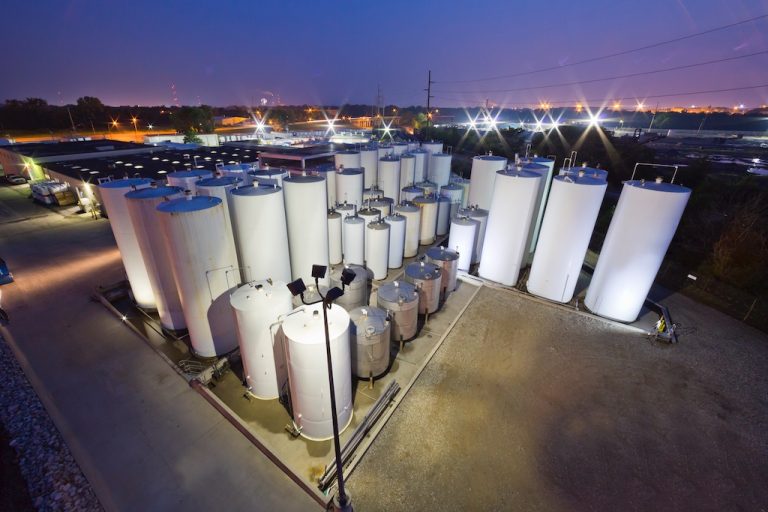In today’s world, the concept of circular economy is gaining significant momentum, promising to transform how industries operate and the way we approach our planet’s resources. The chemical industry—central to almost all sectors of the economy—plays a crucial role in making this transition. While offering myriad opportunities, a circular economy also comes with its fair share of challenges for both the industry and its stakeholders.
Decoding the Circular Economy
In the simplest terms, a circular economy aims to keep materials and products in use for as long as possible. It extracts maximum value while in use and recovers and regenerates products and materials at the end of each service life. It is a departure from the traditional linear economy—make, use, and dispose—and dramatically reduces waste and resource depletion.
The Role of the Chemical Industry
The chemical industry is a key enabler of a circular economy. Its innovations play a crucial role in developing new materials, designs, and processes that foster circularity across different industries. For instance, advancements in chemical recycling technologies could potentially transform the life cycle of plastics, converting waste plastics back into raw materials to create new products.
Opportunities in Embracing the Circular Economy
The transition to a circular economy presents vast opportunities for the chemical industry:
- Innovation and Differentiation: The development of novel technologies and materials that support circularity can lead to the creation of new markets and product differentiation.
- Cost Savings and Efficiency: Circular processes, such as recycling and remanufacturing, can produce significant cost savings and more efficient resource utilization.
- Enhanced Customer Relationships: Businesses committed to sustainability and circularity are likely to improve their brand reputation as they foster trust and loyalty among customers and stakeholders.
- Risk Management: With a reduced dependence on finite resources, businesses can minimize potential liabilities and enhance their resilience.
Challenges on the Path to Sustainability
While the opportunities are enticing, businesses should also be mindful of the challenges ahead:
- Technical Challenges: Innovating and implementing new technologies and processes that transform waste into reusable materials can be complex and expensive.
- Economic Viability: The cost of transitioning to circular processes can be high, and the economic viability of these processes often depends on market conditions, such as the price of raw materials and energy.
- Regulatory Frameworks: Regulatory frameworks may not be conducive to circular practices, posing challenges related to waste legislation, product standards, and extended producer responsibilities.
- Supply Chain Considerations: Implementing a circular economy requires collaboration across the supply chain, which can be difficult in complex ones like that of the chemical industry.
Despite these challenges, the benefits of adopting a circular economy model are immense and go beyond pure business sense. It’s about creating a sustainable future that benefits everyone.
How Superior is Paving the Way
At Superior, we firmly believe in the circular economy’s potential and are proactively contributing to this transition. Our suite of services, from custom manufacturing to responsible waste disposal, reflects our commitment to sustainable business practices. We strive to serve our clients in a manner that not only meets their needs but also promotes sustainable growth.
For example, our research and development services support businesses facing technical roadblocks by facilitating the development and optimization of new circular products and processes. In terms of economic feasibility, our toll blending and inventory management services can help businesses manage capacity and mitigate risks, making the transition more economically viable.
We also help navigate regulatory challenges with our compliance management services, ensuring businesses adhere to waste legislation requirements and product standards. And to ease supply chain complexities, we provide end-to-end logistics and warehousing services, helping businesses streamline their operations for circularity.
Whether your organization is exploring ways to participate in the circular economy or looking to optimize your current practices, Superior is ready to partner with you. To understand more about how we can support your journey towards sustainability, don’t hesitate to contact us.

